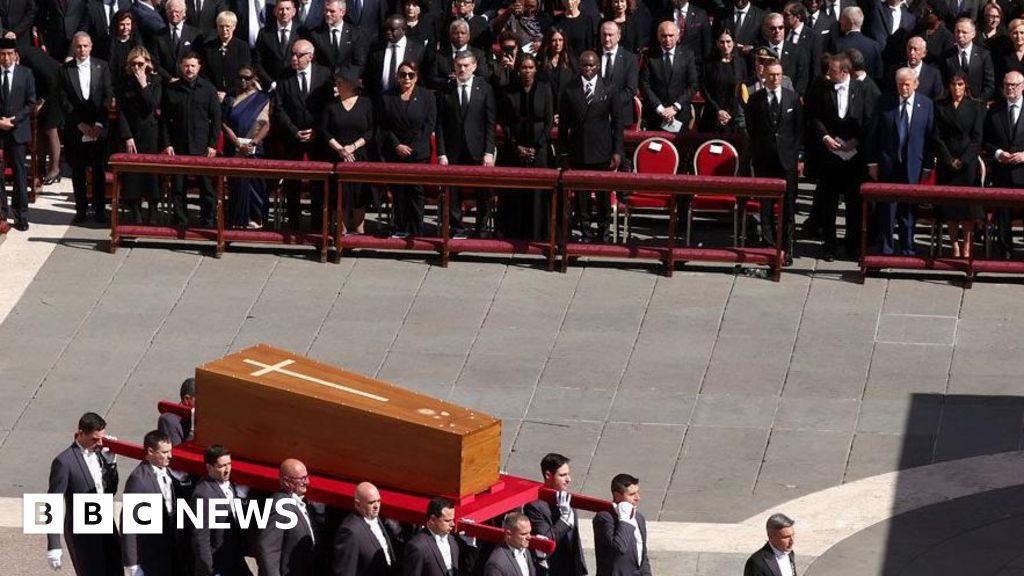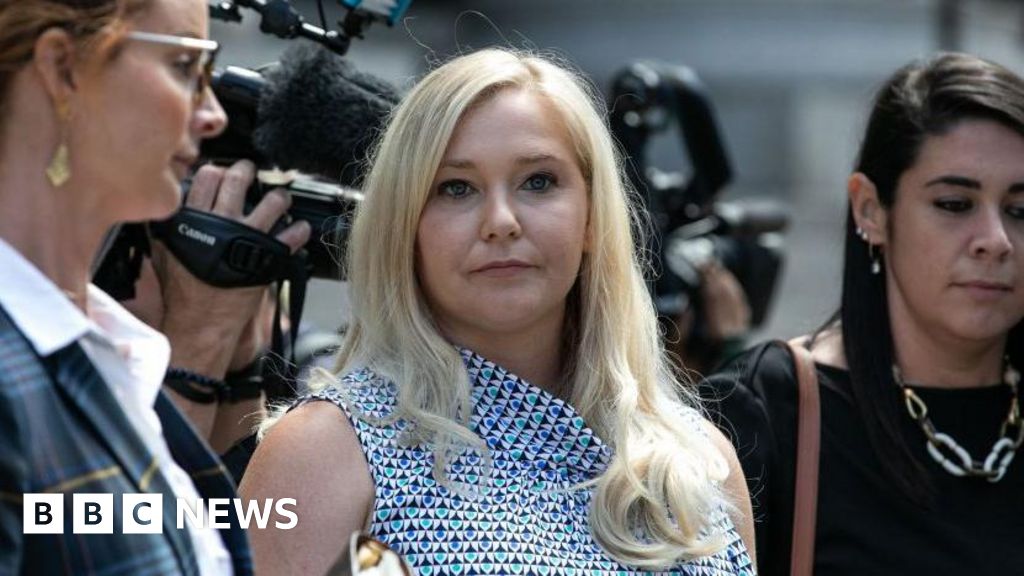ARTICLE AD BOX
Watch: How a referee being punched shut down Turkish football
By Victoria Craig
In Ankara
One of Turkey's top football officials may quit the game after he was physically attacked on the pitch by the president of an Ankara club and its fans.
The violent attack on elite referee Halil Umut Meler has left Turkish football in a full-blown crisis and magnified concerns about Turkey's institutions.
The referee was treated in hospital after he was punched in the face by MKE Ankaragucu president Faruk Koca, after the Ankara-based team conceded a late equaliser in the Turkish capital against Super Lig rivals Caykur Rizespor.
While the referee lay injured, furious fans then stormed on to the pitch and kicked him. Meler told local media that after Faruk Koca had punched him under his left eye, he said: "I will kill you." Ankaragucu's club president has resigned and been placed in pre-trial detention with two others.
The dramatic events after the final whistle underscore the intense emotions surrounding football in Turkey. The sport is massively popular in the country of 85 million people and is a platform that links Turkish politics, business and culture.
The attack has prompted the 37-year old referee on Uefa's elite list to contemplate quitting, according to Ali Kunak, former general secretary of the Turkish Football Federation's central arbitration board, who spoke to Meler and local media on Tuesday.
The violence has also led to an indefinite suspension of Turkish Super Lig games.
The Turkish Football Federation, in a post on X, said it condemned the "inhumane, despicable attack", which it blamed in part on "irresponsible statements of club presidents, managers, coaches, and TV commentators targeting referees".
Violence has long been associated with Turkish football, where it is common to see a heavy police presence at matches across the country.
In March, six people were arrested for clashes involving fireworks before and after a match between Bursa's Bursaspor and Diyarbakir's Amedspor. And last September, a fan burst on to the pitch and violently kicked a Besiktas player following a match against Ankaragucu.
"Football is not only football," said Ozgehan Senuva, professor of international relations at Ankara's Middle East Technical University. "This is only a reflection of the general social situation in Turkey."
Image source, Reuters
Image caption,Turkey's Interior Minister Ali Yerlikaya visited referee Halil Umut Meler in hospital on Tuesday
Many Turks and the country's Western allies worry about President Recep Tayyip Erdogan's tightening grip on Turkey's key institutions, including the judicial system. More than 20 years of Erdogan rule has left a deepening mistrust and sense of injustice that goes way beyond football.
The vast bulk of Turkey's media is controlled by the Erdogan government - 90%, according to Reporters Without Borders - but football has turned into a key venue for political discourse.
"People don't trust the referees and how the referees are appointed. That goes in parallel with the low levels of trust in the judicial system," said Prof Senuva.
But the violence shown towards Halil Umut Meler "is a new threshold for Turkish football", according to Omer Turan, an international relations professor at Istanbul's Bilgi University. "Referees are almost always the scapegoat used to explain unsuccessful results," he said.
Prof Turan pointed out that Faruk Koca, 59, is a former Ankara MP and a current member of President Erdogan's ruling Justice and Development party (AKP).
Image source, Reuters
Image caption,Faruk Koca is a former MP with the president's ruling party
"[Faruk Koca] thought that being an AKP member would give him immunity. This proved to be a miscalculation," he said.
There was a swift reaction to Monday night's attack from Turkey's president, his AKP, and the justice department.
President Erdogan posted on X: "Sports means peace and brotherhood… We will never allow violence to take place in Turkish sports."
Faruk Koca initially complained to Turkish media that the incident had "developed due to the referee's wrong decisions and provocative behaviour".
However, he said later in a statement on the club website he was deeply saddened that "the club I manage, the football community, and our country are remembered with such an event and image".
He also apologised to the referee, his family and the wider Turkish nation for his attitude.
The justice ministry is investigating the issue and the AKP's disciplinary board is considering a request from the party for Mr Koca's expulsion.
But Turkey's judiciary has long been criticised for its lack of independence and Prof Senuva says the general mood, especially on social media, is that Faruk Koca's connections may ease his path through the courts.
"This is who he is. And this is the culture of [his] club as well. They are proud of being tough guys: it's part of the club's DNA."

 1 year ago
28
1 year ago
28








 English (US) ·
English (US) ·